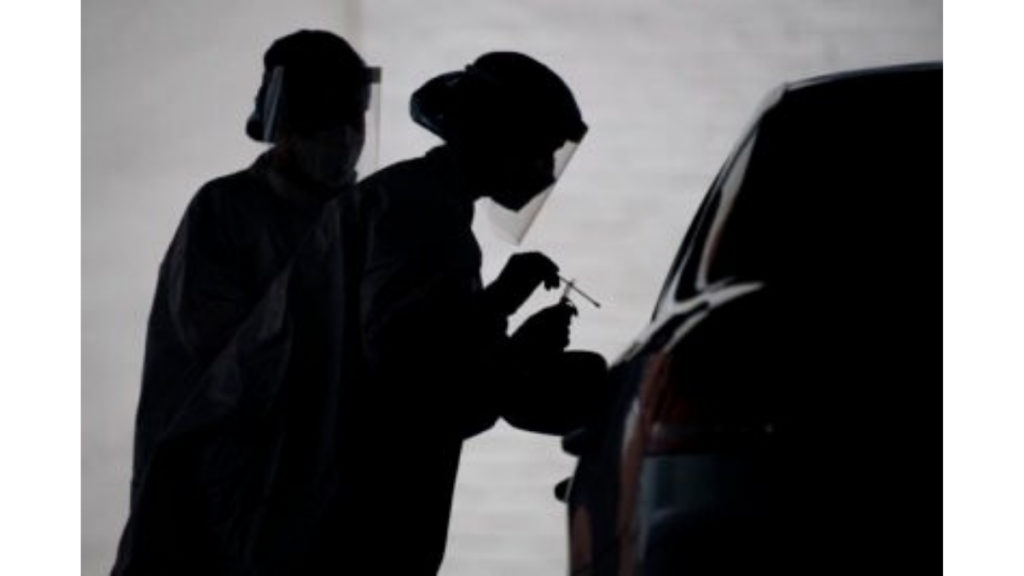Sharon Waller on Water Policy for Climate Resilience

![]()
Sharon Waller on Water Policy for Climate Resilience (Chicago, IL) – Growing our Blue Economy for climate resilience requires innovation and water policy to adapt to climate change. Our state economy would benefit from a clear permitting pathway and assistance to our industry to promote on-site industrial water reuse which provides a drought-resist and cost-stable water source.
After the 1988 Midwest drought, Archer Daniels Midland Company (ADM) in Decatur, Illinois added a 25-acre lagoon to recycle water for cooling. Brad Crookshank, Wastewater Treatment Plant at the ADM Decatur plant said “It sounds real noble to say we want to conserve water, [but] in reality it was, ‘Don’t shut the plant down.’”
ADM Recycle Capacity
But ADM’s recycled water capacity wasn’t enough to avoid potential production cutbacks during the subsequent 2012 drought which put 4,000 ADM jobs at risk. Other companies started hauling water and some shut down. Two Midwestern power plants shut down for periods due to lack of sufficient water quantity for cooling.[1]
Other Illinois industrial manufacturers have expressed interest in water reuse to meet sustainability goals and add alternative water sources for climate resilience. Ford Motor Company has established sustainability goals including “…zero water withdrawals for manufacturing processes.
We will use freshwater for human consumption only.”[2] However, there are barriers to water reuse implementation without water policy. Illinois water providers compete with reclaimed water agencies for revenue, and water always wins.
Who Loses?
Who loses? We lose because public health is impacted. River water quality is impacted from Lake Michigan to the Gulf of Mexico from the discharge of raw sewage in combined sewer overflows and river reversals into our drinking water supply once a year on average[3]. Louisiana law declares the use of potable water for industrial purposes a waste of “our most precious natural resource, and the use of reclaimed waters is required if a source exists.
The Louisiana law encourages facilities to reuse or reclaim wastewater thereby eliminating discharges to waters of the state[4]. IL doesn’t have such a policy. Water used for industrial cooling, vehicle washing, toilet flushing, etc. can be fit-for-purpose instead of meeting potable water quality standards. Water should be judged by it’s quality instead of its history. It’s all one water.
About the Author: Sharon Waller is a licensed Environmental Engineer with over 25 years of experience in water and the author of water resilience guidelines for climate change. She is Principal of Sustainable Systems LLC – Consulting, a resident of Chicago, a native of Evanston/Skokie, and a Northwestern University Alumni.
[1] Drought, water scare gets attention of agribusiness giant Ahttps://www.nbcnews.com/news/us-news/drought-water-scare-gets-attention-agribusiness-giant-adm-flna1C7114296DM (nbcnews.com)
[2] https://corporate.ford.com/microsites/integrated-sustainability-and-financial-report-2021/files/ir21.pdf
[3] https://evanstonroundtable.com/2021/09/24/opinion-sewer-overflows-climate-change/
[4] The Louisiana Reclaimed Water Law (Title 30, Chapter 17, Section 2391 et seq.) https://watereuse.org/advocacy/state-policy-and-regulations/
Sharon Waller on Water Policy for Climate Resilience








Responses